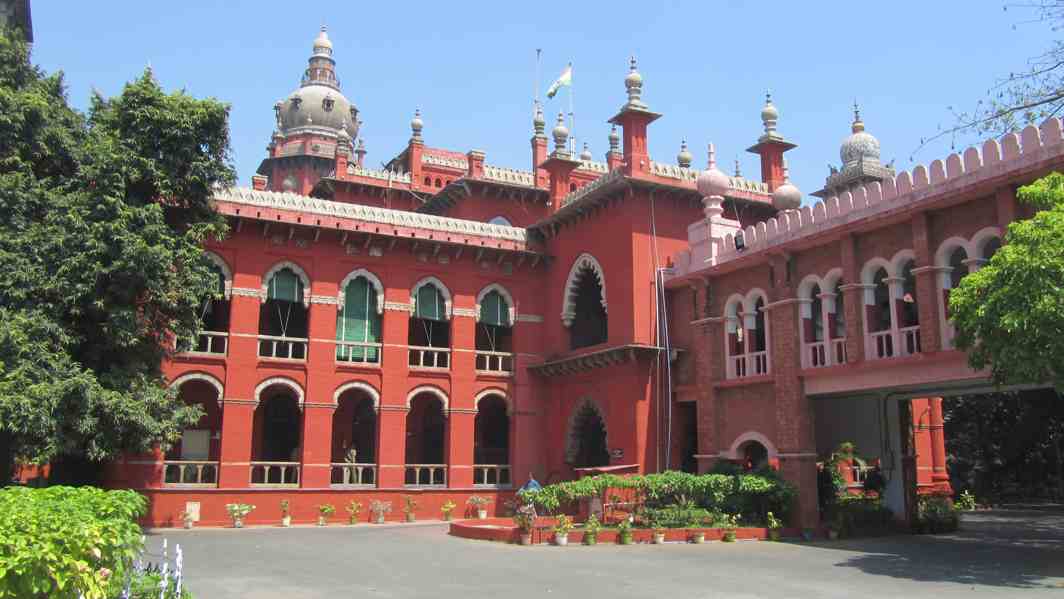~By: Saeed Naqvi
Muthuvel Karunanidhi’s passing away has brought back disparate images of my five unlikely years in Chennai as regional editor of the Indian Express. I use the term “Unlikely”, because someone born in Mustafabad, raised in the Urdu ambience of Lucknow would generally be expected to expire from culture shock in the four storeyed office in which every forehead was decorated with vertical, horizontal even circular designs. It was a riot of vermillion, ashen and turmeric. The sight stoked my curiosity but it did not repel me.
Karunanidhi, an atheist like his gurus, E.K. Ramaswamy Periyar and C.A. Annadorai, had an amusing take on “namams”. So long as Brahmins were busy with the shape of Namams on the forehead of the temple elephants, the Dravida movement had nothing to worry about. In his gruff, theatrical voice what he had drawn my attention to was a 200 year old litigation on what should be the shape of the namam on the forehead of the elephant at Kanchipuram (Devarajaswamy) temple. One set of Ayyangars (Vaisnavites) called Vadagalai insisted on the U design. But the Thengalai sect would invite the elephant to walk over them unless it was a Y. If the lower court permitted one design, the opposite side would throw a ginger fit. The case zig zagged from one court to the next, but it was not resolved. Eventually the matter went to the Privy Council.
If both the sides were defying court orders, why were they or their office bearers not sent to jail? As De Gaulle told the cabinet considering sedition charges against Jean Paul Sartre for supporting freedom fighters in Algeria – “No” boomed De Gaulle, “you don’t send Voltaire to jail.”
Likewise, all the judges including the ones on the Madras High Court bench hearing the case in 1976, refrained from punishing religious ardour. How can anyone complain against the UP police for showering rose petals on the rioting kawarias. “Aastha” is “aastha” after all.

For Karunanidhi all of this would be amusing. The things he felt strongly about he proceeded to take up as themes around which he wove his transformational politics. The way Karnanidhi burst upon the political scene in 1953 required political imagination. He pulled together several ideas that were dear to him and which moved the people to their core. The slogans were: my land is sacred to me and no one will appropriate it; my language will not be supplanted by another; capitalists from the north should be resisted if they come with hegemonic intent.
Karnanidhi put his finger on the pulse. When industrialist Ramakrishna Dalmia set up his cement factory, he sought to change the name of the town ito Dalmianagar. Students led by Karunanidhi came out in large numbers. The town reverted to its original name. Kallakudi. Brian Friel wrote Translations, a powerful play on a similar situation in Ireland in the 19thcentury.
This agitation set the scene for the much bigger agitation in 1965 against the imposition of Hindi. Two year later, the DMK came to power and soon abolished the three language formula – Tamil and English would suffice.
It was only proper that he should have found a resting place beside his mentor “Anna”.
Relations between Karunanidhi and M.G. Ramachandran were strained since “Anna’s” death in 1969. Karunanidhi’s much greater organizational control was being undermined by MGR’s cinematic glamour.
I never got to know either well: my inability with Tamil stood in the way. But with journalists MGR was both inaccessible and vindictive, if crossed. Meeting him, however, was both, a gastronomical treat and psychedelic show. The interior of his residence was a series of criss crossing, cavernous passages until you came to what in racing terms is called the “straight”, a 30 feet dimly lit narrow hall, at the end of which, like a deity, sat MGR, with his trademark cap and dark glasses. He gestured that I sit on the sofa beside him. Suddenly a trolley materialized which heralded the beginning of elaborate hospitality, an endless procession of delicacies which served a twin purpose: they titillated the palate and discouraged conversation.
For me, raised on different aesthetics, MGR remained an enigma. And yet, by every yardstick, he had shot into the charismatic stratosphere by projecting an inexplicable persona. Jayalalitha performed the impossible: she amplified charisma which had already reached the nethar regions.
We have seen the mess the AIADMK, the two charismatic leaders mindlessly left behind. DMK, however, has always more real in its politics. Not only was Karunanidhi more intellectually agile, he had his feet firmly on the ground. The cadres are in place. The next line of leadership, (Stalin for instance) have been in the drill for quite some time. But the transition may be problematic.
The MGR-Jayalalitha charisma had obscured the Dravida movement’s earlier anti Hindi, anti north, anti Brahmin edge. In the absence of Karunanidhi’s hardnosed pragmatism, the second line of leadership may fall back on more radical regionalism indeed, parochialism, to score points over each other.


 India News3 hours ago
India News3 hours ago
 India News2 hours ago
India News2 hours ago
 LATEST SPORTS NEWS2 hours ago
LATEST SPORTS NEWS2 hours ago
 India News2 hours ago
India News2 hours ago










